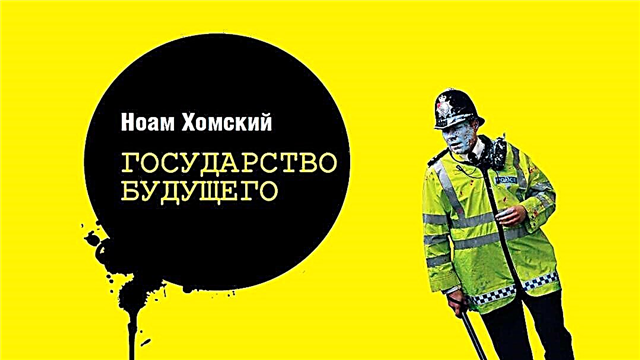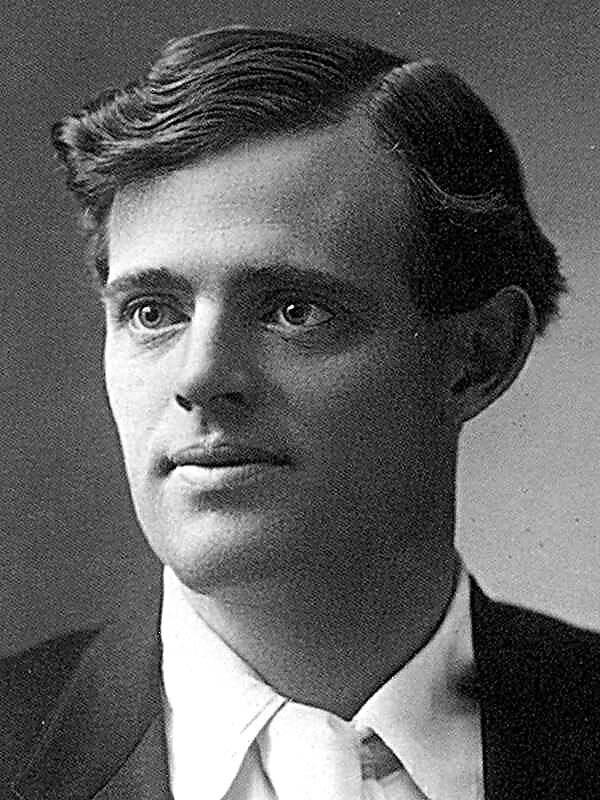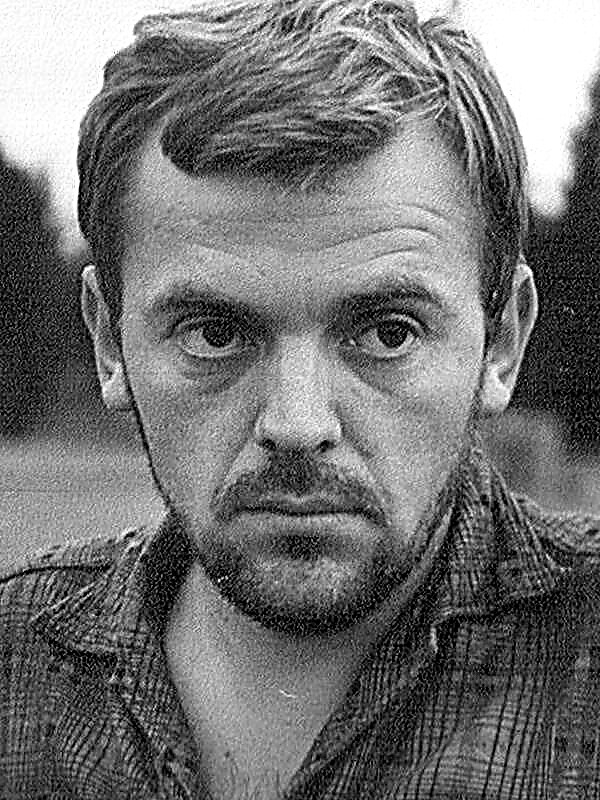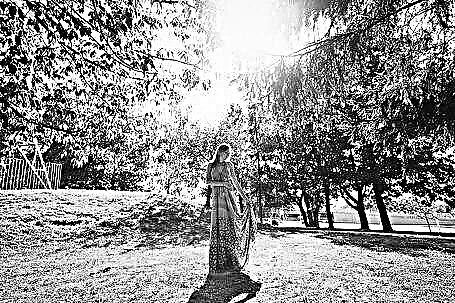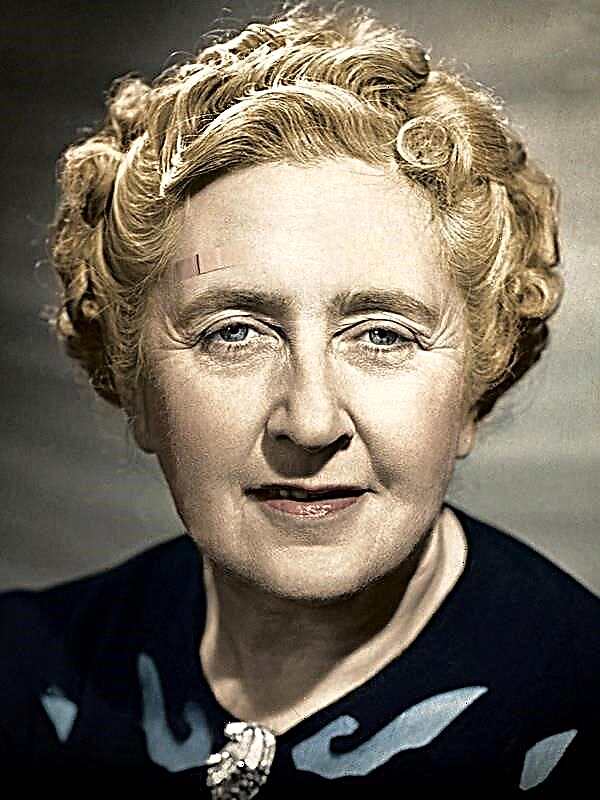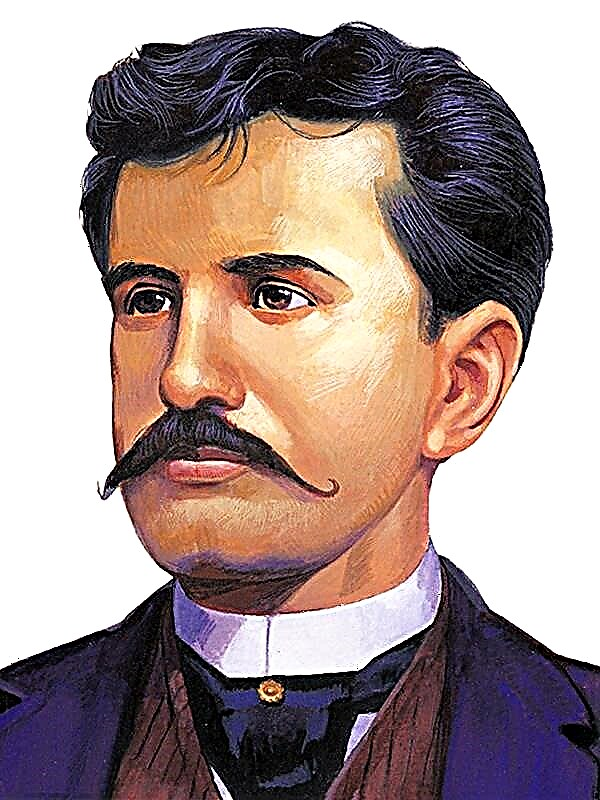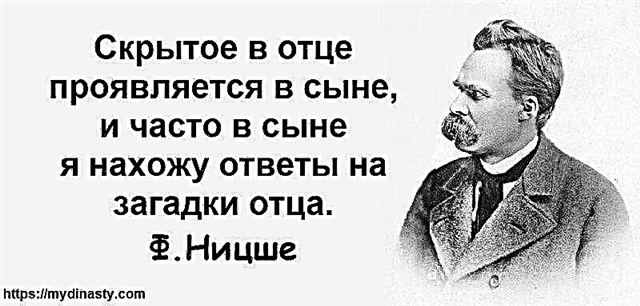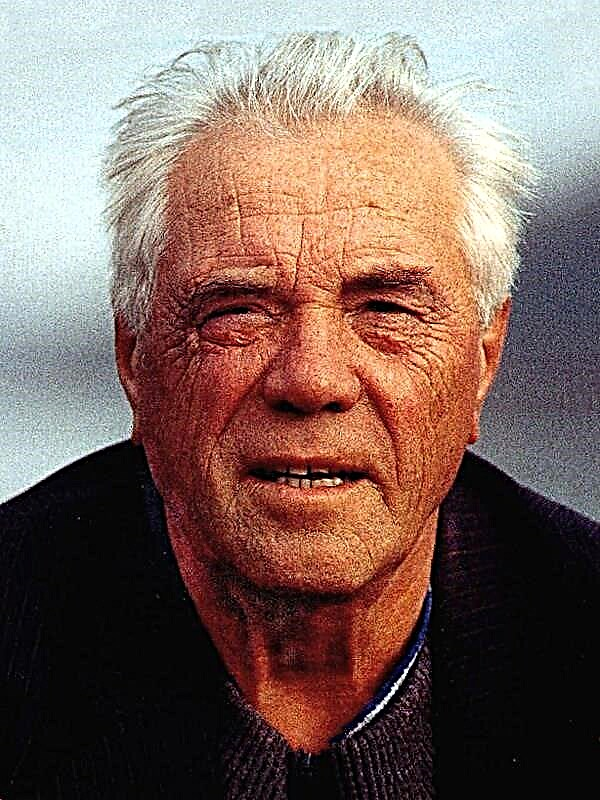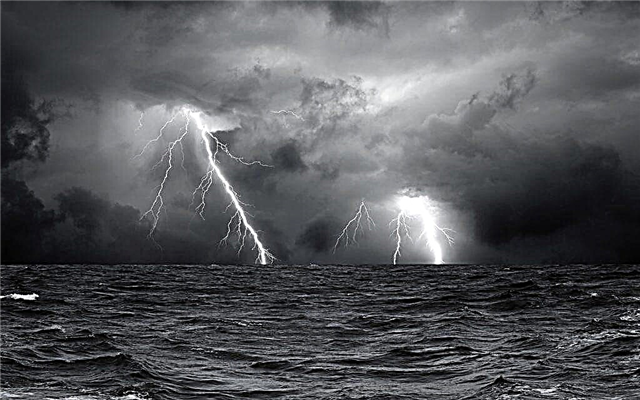The silver age of Russian literature is considered to be the period from the end of the 19th century - the beginning of the 20th century. Undoubtedly one of the most prominent poets of this amazing period was Sergei Alexandrovich Yesenin.
All the poetry of writers and poets of this period is characterized by a special mysticism, a crisis of the human worldview and religion. Many new literary trends appear and many of them are of interest to Yesenin, he begins to try himself in different forms. For some time he was sympathetic to the direction of imagism, then he wrote several works as a symbolist poet. The most striking poet of that time in the genre of symbolism - Alexander Blok sincerely admires the work of Sergei Alexandrovich, says that his poems are “Poems clean, clear, vociferous.” And Yesenin himself does not hide the fact that the work of Blok, which he also considers exemplary, had a great influence on him.
However, later, in the poet's work, one can notice several more directions. The poet’s work in his youth has many references to the Acmeist movement. For example, the poem “Sonnet”, which Yesenin wrote in 1915, reflects the position of the objective world, cultivating beauty and grace, which is just inherent in Acmeists.
But, despite the many genres, the poet does not change the main theme of his lyrics - love for the motherland. This unconditional, pure love made him a truly folk poet. Strength for creativity is given to him by Russian folklore, on which the poet grew up. His childhood passed in the village, and Yesenin always sought his inspiration only there. Yesenin himself says the following words about his work: “My lyrics are alive with one great love, love for the motherland. The feeling of homeland is the main thing in my work. ”
He devotes several collections of his poems to his homeland. In one of the poems entitled "Radunitsa", which was written by the poet before the revolution, the poet shares his thoughts on Russia, its future fate. It was then that some of the most famous lines of the poet appeared, which are often quoted, and they are about our homeland:
Goy you, Russia, my dear,
Huts - in the garb of the image ...
Do not see the end and the edge -
Only blue sucks his eyes.
Vibrant color epithets become a characteristic feature of the poet's lyrics. Yesenin is trying to convey the deepest mood, feelings and emotions with the help of colors. But he does it his own, in a special way: for example, the black color for him is not the color of sorrow and sadness, like many, but the color of black soil, which means fertility and prosperity: “Black, then smelling howling! // How can I not caress you, not love you? ”.
Yesenin lived during the revolution, and this could not but give an imprint on his work, did not make him a participant in all the events taking place. The poet writes about the revolution. His revolutionary works “Soviet Russia”, “Lenin”, “Recollection” are saturated with precisely such revolutionary moods. The poems “Transfiguration” and the bold “Country of villains” are still very curious in this regard. The poet adheres to the side of the October Revolution, but, as in everything else, he seeks his own path, and understands everything in his own way, with a peasant bias. He believes in the revolution for the Russian countryside, deeply worries about the fate of ordinary people, in which there is all of Russia - with huts, fields, meadows, forests.
Summing up the above, it can be noted that Yesenin is an amazing and outstanding poet of the “Silver Age”, who worked in several genres of that era at once - from symbolism to imagism. But he managed to make each of these genres special for himself, saturated with sincere love for his country, for Russia, with its nature, with people, with Russian folklore. He passes each of his works through the prism of this love, and from this his lyrics become truly special and real.

